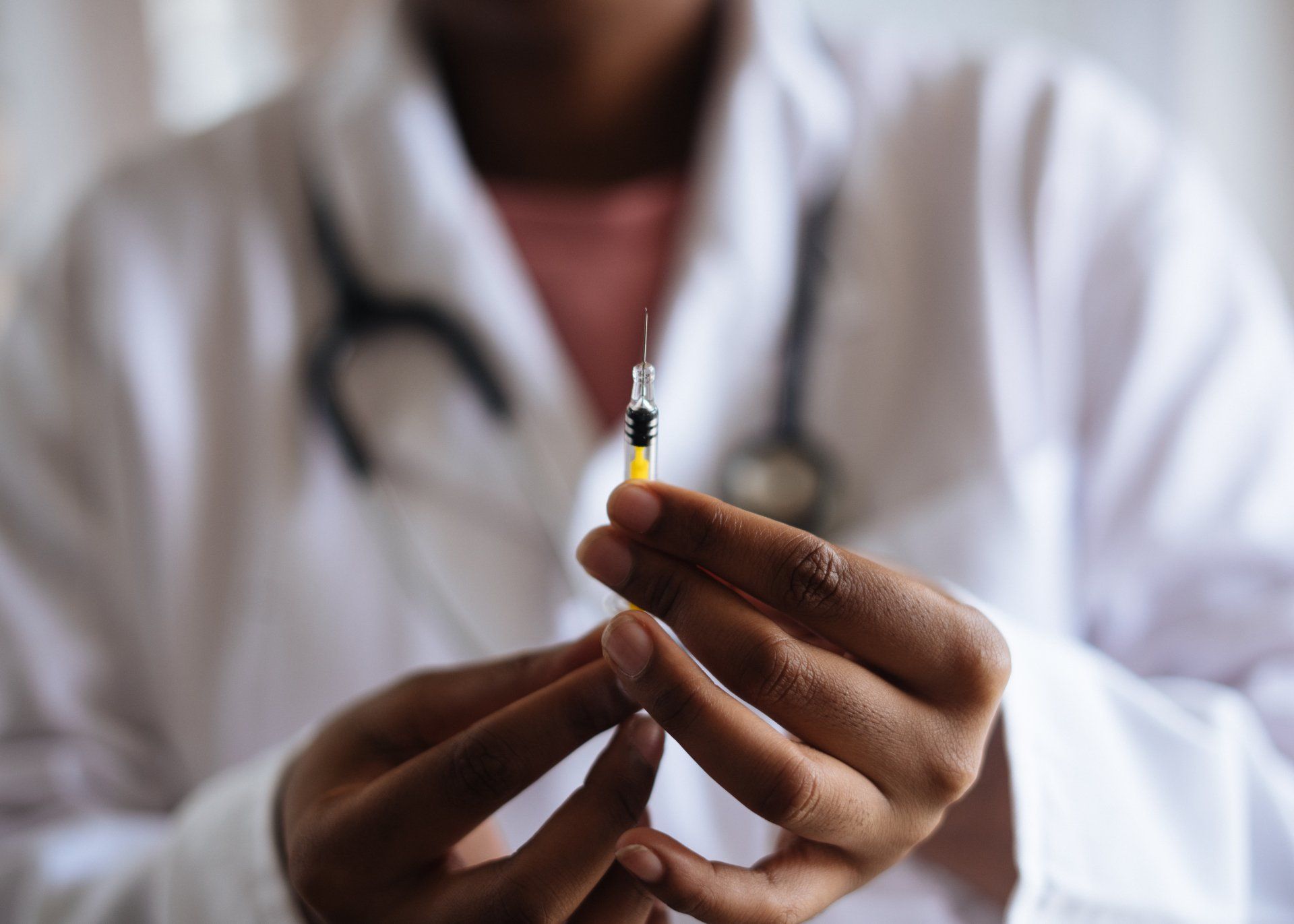RX Pad Blog
Sexually Transmitted Infections (STIs)

What are STIs or Sexually Transmitted Diseases (STD)?
Sexually Transmitted Infections (STIs) are infections that can be spread through unprotected sex, anal sex, and/or oral sex with someone infected with the disease. Gonorrhea, chlamydia, and syphilis are examples of STIs. The Centers for Disease Control and Prevention (CDC) 2018 surveillance report that 22% of newborn deaths between 2017 to 2018 are due to syphilis. Moreover, the CDC reports that there is a 19% (1.8 million cases) increase in chlamydia, 63% (583,405 cases) increase in gonorrhea, 71% (35,063 cases) increase in primary and secondary syphilis, and 185% (1306 cases) increase in congenital syphilis from 2014. The CDC has designated the week of April 10-16, 2022 as STD Awareness Week.
How to prevent STIs?
- Abstinence from sex (anal, vaginal, or oral)
- Reduce the number of sex partners or mutual monogamy (mutual agreement to be sexually active with one partner)
- Use of condoms (every time you have anal, vaginal, or oral sex)
Chlamydia is a parasite called Chlamydia trachomatis.
- Symptoms
- Sometimes symptoms can be felt after several weeks of infection.
- Women
- Abnormal vaginal discharge, burning urination.
- Men
- A discharge from penis, burning sensation while urinating, pain and swelling of one or both testicles
- Diagnosis
- A laboratory test is required
- Urine sample
- Cotton swab (vagina sample)
Gonorrhea is a gram-negative bacteria called Neisseria gonorrhoeae
- Symptoms
- Rectal infections can include discharge, anal itching, soreness, bleeding, and painful bowel movement.
- Women
- Can be mistaken for a bladder or vaginal infection. Vaginal discharge, burning sensation while urinating, and vaginal bleeding between periods
- Men
- A burning sensation while urinating. White, yellow, or green discharge from the penis. Painful or swelling in the testicles.
- Diagnosis
- A laboratory test is required
- Urine sample
- Cotton swab for throat and/or rectum (if oral and anal sex)
Syphilis is caused by a spirochaete bacterium called Treponema pallidum
- Symptoms
- Syphilis is divided into stages with different symptoms. The first two stages symptoms can be unnoticed because it can be mild.
- Primary
- A sore or sores at the original site of infection lasts 3-6 weeks.
- Secondary
- Skin rash on the bottom of hands and feet, swollen lymph nodes, and fever.
- Latent
- No symptoms; can continue for years
- Tertiary
- Severe symptoms that can affect the heart, brain, and other organs of the body
- Diagnosis
- A laboratory test is required
- Blood test
- Fluids from syphilis sore (primary stage)
Who should be tested for STIs?
Chlamydia and gonorrhea routine annual screening is recommended for:
- Younger than 25 years old and sexually active
- Older than 25 years old, sexually active with more than one partner, or have a new partner
- Pregnant
- Gonorrhea-infected people should be tested for other STIs.
Syphilis: routine testing is recommended for:
- Pregnant
- Sexually active men who have sex with men
- HIV positive and sexually active
- Taking PrEP for HIV prevention
How to treat Chlamydia, Gonorrhea and Syphilis?
- Healthcare providers will prescribe antibiotics depending on the type of infection
- The patient should abstain from sex for 7 days (chlamydia and gonorrhea)
- Follow up with healthcare provider to make sure that the infection is cleared
Resources
- “Chlamydia”, Centers for Disease Control and Prevention – Read More
- “Gonorrhea”, Centers for Disease Control and Prevention – Read More
- “Syphilis”, Centers for Disease Control and Prevention- Read More







